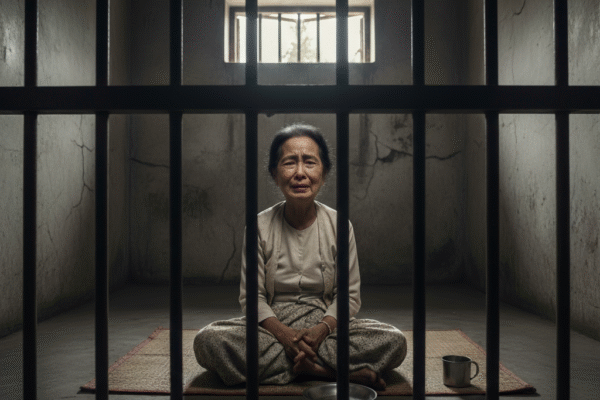The military-backed election commission in Myanmar set Dec. 28 for the initial phase of long-promised elections, the first since the 2021 coup that overthrew the country’s last elected government and kicked off a still-raging civil war. Junta leadership nominally transferred power to an interim government last month in preparation for the elections. Last week, Min Aung Hlaing, the military chief and acting president, called for increased security to protect politicians and voters, warning of a rise in attacks on civil servants, according to the state-run Global New Light of Myanmar newspaper. International observers have framed the elections as a charade to keep Min Aung Hlaing and his generals in power. Critics point to a lack of free media in Myanmar, and that most officials in the last elected government, including leader Aung San Suu Kyi, have been arrested. U.N. reports detail a regime of torture inflicted on those the military has detained. It’s also unclear how a truly national election could take place in Myanmar. Control of the country splintered after the coup, with parts of the country held by bands of pro-democracy fighters or ethnic rebel groups, some of whom have pledged to block polls in their areas. “I don’t think the election will hold any significance for the people,” a 63-year-old citizen in the western state of Rakhine told Agence France-Presse. “I think this election is only being held to give power to military dictators until the world ends.” Meanwhile, clashes continue in Myanmar’s civil war, which has killed thousands, spawned rampant poverty, and left more than 3.5 million people displaced, nearly 40 percent of whom are children. On Sunday, at least 24 people were reportedly killed after the military bombed a hospital in Mawchi, a small town in Kayah state, the Associated Press reported. Includes reporting from the Associated Press, Agence France-Presse, and Reuters. We are : Investigative Journalism Reportika Investigative Reports Daily Reports Interviews Surveys Reportika








